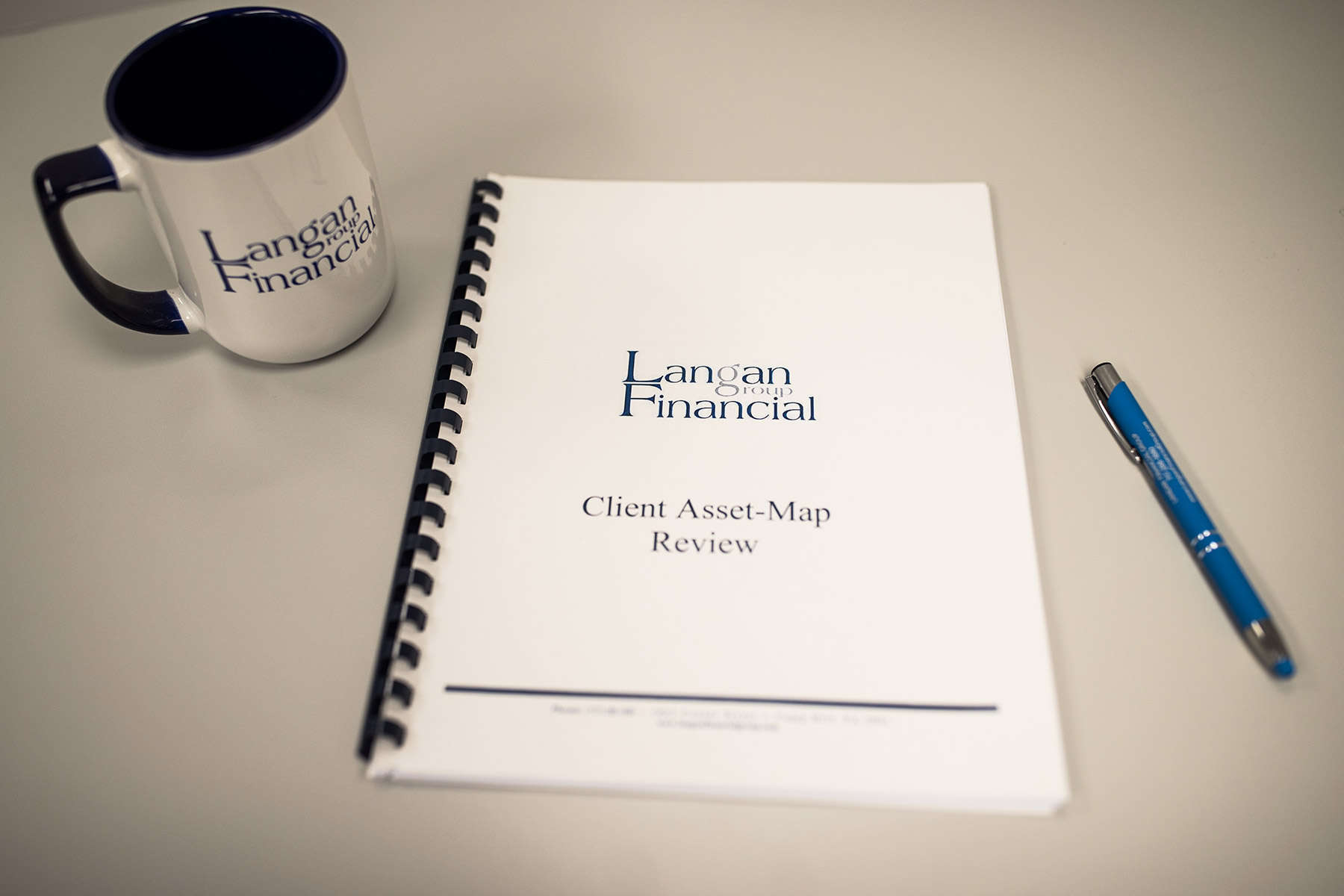Teaching children about money is one of the most impactful ways parents can prepare them for the future. In 2025, financial literacy is more critical than ever, as studies show alarming gaps in financial knowledge among both adults and youth.
By instilling smart money habits early, parents can empower the next generation to make informed decisions and achieve financial independence.

Why Teaching Kids About Money Matters in 2025
Financial literacy among U.S. adults remains alarmingly low, with only 48% demonstrating adequate financial knowledge. Generation Z fares even worse, with just 38% able to answer basic financial questions correctly.
This lack of financial education has real consequences—studies estimate the average American loses $1,819 annually due to poor financial decision-making. Teens are particularly vulnerable, with 74% lacking confidence in their personal finance knowledge. Despite this, 73% of teens express a desire to learn more about managing money.
Building a Strong Financial Foundation for Your Children
Research shows that financial habits begin forming as early as age five. Introducing concepts like earning, saving, and spending at a young age helps children develop lifelong skills.
Public support for integrating personal finance into school curricula is growing—88% of adults believe high school students should be required to take a personal finance course. However, with inconsistent requirements across states, parents play a crucial role in bridging this gap at home.
How to Start Teaching Kids About Money
Money Basics: Explaining Earning, Spending, and Saving to Children
Teach children the basics of earning money through allowances or small jobs. Studies show that 75% of teens rely on their families for financial education, making parental involvement essential.
By introducing savings goals and dividing earnings into categories like spending and giving, kids learn that money is a tool requiring thoughtful management.
Introducing Physical Cash: Teaching Kids the Value of Coins and Bills
For younger children, physical cash provides a tangible way to understand money’s value. Activities like setting up a pretend store or using clear piggy banks help kids visualize their savings and grasp real-world spending concepts. Research indicates that hands-on experiences are key to building foundational financial skills early on.

Interactive Ways to Teach Financial Literacy
Fun Activities to Teach Budgeting and Smart Spending
Gamification is transforming financial education by making complex concepts engaging and fun. Apps like Visa’s Financial Football and MIT’s Uber Game have successfully taught budgeting and investing through interactive challenges.
Parents can also involve children in planning family shopping trips within a set budget—an activity proven to enhance critical thinking skills.
Using Real-Life Scenarios to Make Money Lessons Engaging
Take advantage of everyday moments—like grocery shopping or paying bills—to teach kids about needs versus wants. Behavioral economics suggests that framing savings in small daily amounts can significantly improve participation rates. These real-life examples make abstract concepts relatable and memorable.
Teaching Advanced Financial Concepts to Older Kids
Helping Teens Understand Compound Interest and Investing Early
Teens who understand compound interest are better equipped to make smart investment decisions. For example, starting with custodial accounts or stock market simulations can help them see how investments grow exponentially over time. Despite low scores on investing-related questions (only 44% correct answers), teens are eager to learn—making this an ideal time for parents to introduce these concepts.
Explaining Credit, Debt, and Long-Term Savings to Teenagers
Credit scores and debt management are critical topics for older kids. With only 35% of U.S. adults demonstrating risk comprehension, teaching teens about credit cards, interest rates, and long-term savings prepares them for adult responsibilities while avoiding common pitfalls.

Instilling Financial Values Alongside Skills
Teaching Generosity: How to Raise Kids Who Give Back
Encourage children to allocate part of their earnings toward charitable causes or community service projects. Teaching generosity alongside financial skills fosters empathy while demonstrating that money can be used for positive impact—a valuable lesson supported by behavioral economics research.
Building Work Ethic Through Financial Responsibility
Link earning money with responsibility by assigning chores or encouraging entrepreneurial ventures like lemonade stands or dog walking services. These activities teach kids the value of hard work while reinforcing the connection between effort and reward.
Practical Applications of Money Management
Involving Kids in Household Budgets: A Hands-On Approach
Invite your children into family budget discussions—whether it’s planning a vacation or managing monthly expenses. Studies show that involving kids in real-world budgeting increases their confidence in managing finances later in life.
Saving for Goals: How to Teach Delayed Gratification
Help your kids set savings goals for items they want, such as toys or gadgets. Tracking progress visually through apps or charts reinforces patience—a skill linked to improved long-term financial behavior.

Resources for Parents
Top Apps, Books, and Tools for Teaching Financial Literacy at Home
The financial education app market is projected to grow by 24% annually, reaching $1.5 billion by 2025. Apps like Greenlight (for budgeting) and Stockpile (for investing) offer bite-sized lessons tailored for kids. Pair these tools with books such as Smart Money Smart Kids by Dave Ramsey for deeper insights into teaching financial literacy at home.
Free Resources to Help Parents Raise Money-Smart Kids
Government initiatives like the OCC’s quarterly Financial Literacy Update provide free events and resources tailored for families. Additionally, many organizations offer printable worksheets and online courses designed specifically for younger audiences.
How Financial Literacy Sets Your Children Up for Lifelong Success
Data shows that less than half of Americans could cover a $1,000 emergency from savings, underscoring the importance of early financial education. By teaching your kids about money now, you’re equipping them with tools that will serve them throughout their lives—from avoiding debt traps to building wealth through smart investments.
Start Today: Simple Steps to Raise Financially Responsible Kids
Begin small—whether it’s setting up an allowance system or involving your child in grocery budgeting—and build on these lessons over time. The earlier you start teaching financial literacy, the greater impact you’ll have on your child’s future success.
About the Financial Planning Author

Alexander Langan, J.D, CFBS, serves as the Chief Investment Officer at Langan Financial Group. In this role, he manages investment portfolios, acts as a fiduciary for group retirement plans, and consults with clients regarding their financial goals, risk tolerance, and asset allocation.
With a focus on ERISA Law, Alex graduated cum laude from Widener Commonwealth Law School. He then clerked for the Supreme Court of Pennsylvania and worked in the Legal Office of the Pennsylvania Office of the Budget, where he assisted in directing and advising policy determinations on state and federal tax, administrative law, and contractual issues.
Alex is also passionate about giving back to the community, and has participated in The Foundation of Enhancing Communities’ Emerging Philanthropist Program, volunteers at his church, and serves as a board member of Samara: The Center of Individual & Family Growth. Outside of work and volunteering, Alex enjoys his time with his wife Sarah, and their three children, Rory, Patrick, and Ava.
About Langan Financial Group: Financial Advisors
Langan Financial Group is an award-winning financial planning firm with offices in York, Pennsylvania and Harrisburg, Pa.
With over 100+ 5-star reviews, Langan Financial Group is an independent financial planning firm established in 1985, offering a broad range of financial planning services.
With an open architecture platform, our advisors have access to a diverse range of products, free from any sales quotas.
Our team of 9 financial experts, each with unique specialties, enhances our ability to focus on delivering value to our clients.
Disclosure
The content is developed from sources believed to be providing accurate information. The information in this material is not intended as tax or legal advice.
Please consult legal or tax professionals for specific information regarding your individual situation.
The opinions expressed and material provided are for general information, and should not be considered a solicitation for the purchase or sale of any security.
Securities offered through Cambridge Investment Research, Inc., a Broker/Dealer, Member FINRA/SIPC.
Investment Advisor Representative, Cambridge Investment Research Advisors, Inc. a Registered Investment Advisor. Cambridge and Langan Financial Group, LLC are not affiliated.
Cambridge does not offer tax or legal advice.



